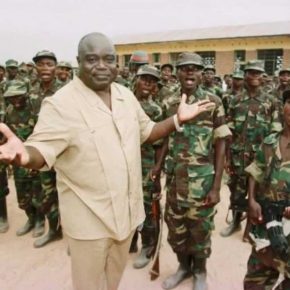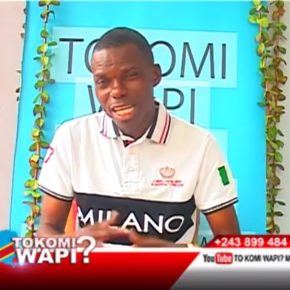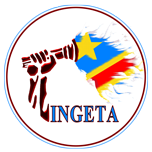On May 17, 1997, Rwanda and Uganda installed Laurent Desire Kabila as head of Zaire that was subsequently changed to the Democratic Republic of Congo (DRC). Kabila was the leader of the rebel group, the Alliance of Democratic Forces for the Liberation of Congo (AFDL). During this 20 year period, millions of Congolese have perished due to wars of aggression and conflict.
The current leader, Joseph Kabila, son of Laurent Kabila who was assassinated in 2001 is the product of the Rwanda and Uganda-backed AFDL takeover of the Congolese state in May 1997. Come for this panel of experts who will assess and analyze what has transpired in the DRC under the sixteen-year –2001 to the present– leadership of Joseph Kabila. The role of US foreign policy in the Congo and the Great Lakes Region of Africa will also be exposed and highlighted. The panelists will offer prescriptions for moving Congo beyond conflict and toward a peaceful and just society.
Speakers:
- Claude Gatebuke, African Great Lakes Action Network (AGLAN)
- Lubangi Muniania, Tabilulu Productions
- Kambale Musavuli, Friends of the Congo
Co-sponsored by Institute for Policy Studies, Friends of the Congo, and Pan-African Community Action (PACA).
Details
Date: May 17, 2017
Time: 12:00 pm – 2:00 pm




